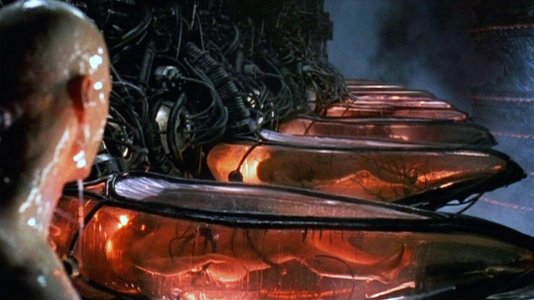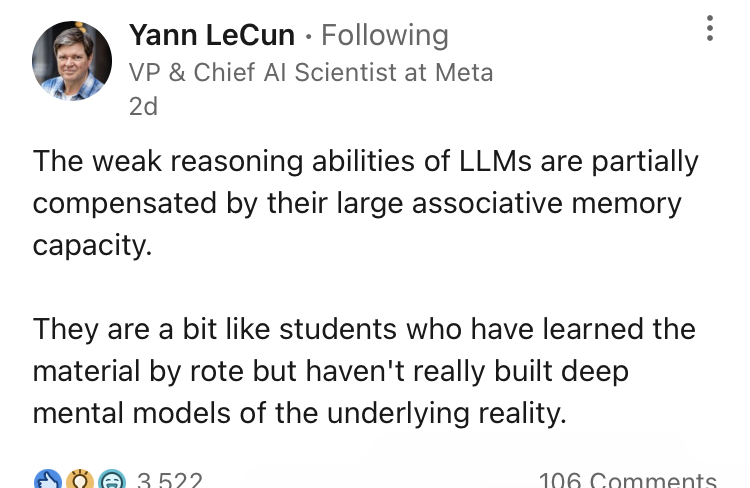erek
[H]F Junkie
- Joined
- Dec 19, 2005
- Messages
- 10,891
Neat little operation here, hopefully the performance improvements aren’t at a loss to any visual or temporal fidelity
“Nvidia is working on AI optimized drivers. Release maybe this year (Q1).
Up to 30% more performance
Average improvement ~10% No info about specific gen Take this with a grain of salt. If true Nvidia drivers will be real "fine wine"
https://wccftech.com/nvidia-might-i...zations-in-its-graphics-drivers-for-rtx-gpus/
“Nvidia is working on AI optimized drivers. Release maybe this year (Q1).
Up to 30% more performance
Average improvement ~10% No info about specific gen Take this with a grain of salt. If true Nvidia drivers will be real "fine wine"
https://wccftech.com/nvidia-might-i...zations-in-its-graphics-drivers-for-rtx-gpus/
![[H]ard|Forum](/styles/hardforum/xenforo/logo_dark.png)



